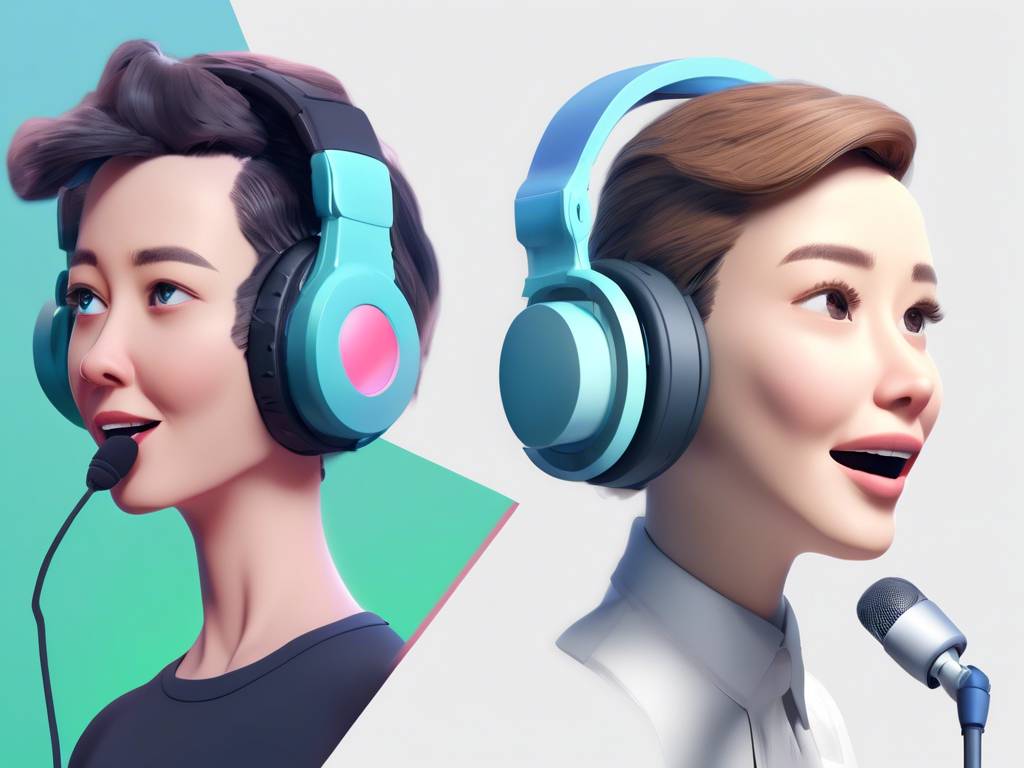AI Voice Cloning Technology Unveiled by OpenAI
OpenAI, the AI company behind the powerful generative AI tool ChatGPT, recently introduced a cutting-edge voice cloning technology known as “Voice Engine.” This innovative audio model can accurately replicate a person’s vocal characteristics, intonation, and speech patterns using only a small sample of original audio input.
Features of Voice Engine
- Capable of creating emotive and realistic voices with just a single 15-second sample
- Used to power preset voices in OpenAI’s text-to-speech API and ChatGPT’s Voice and Read Aloud feature
- Developed in late 2022 with cautious plans for a broader release in the future
Collaboration with Lifespan
OpenAI collaborated with Lifespan, a nonprofit organization associated with Brown University’s medical school, to leverage Voice Engine for a noble cause. Lifespan, known for developing the Livox alternative communication app for individuals with disabilities, teamed up with OpenAI to work on a remarkable project.
Voice Cloning for Special Needs
- Used Voice Engine to generate the voice of a young patient with impaired speech
- Enabled the patient to communicate effectively using her own voice
- Showcased the potential impact of the technology in aiding individuals with disabilities
OpenAI’s Voice Engine has demonstrated its versatility by not only assisting those with speech impairments but also enabling innovative solutions in other areas, such as language translation and synthetic voice generation.
Hot Take: The Future of Synthetic Voices
In the evolving landscape of AI technology, synthetic voices are becoming increasingly prevalent. OpenAI’s Voice Engine represents a significant advancement in this field, posing both opportunities and challenges for society. As the company navigates the responsible deployment of such capabilities, consideration of ethical implications and safeguards against misuse are paramount.





 By
By

 By
By
 By
By

 By
By